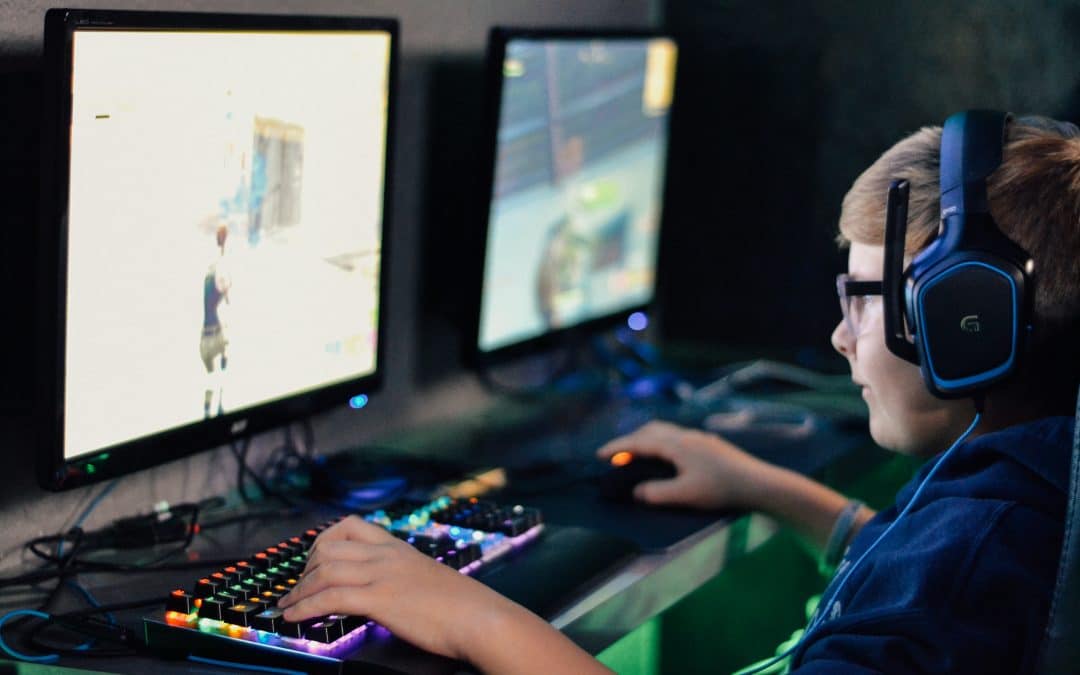Gamification of learning is the idea of applying game principles (e.g. scoring points, competing with others, leader boards) to education to increase interest and engagement in learning.
Physical (non-digital) games are routinely used by teachers, especially in primary school, to encourage team work, participation, cooperation, and expend energy. In both primary and early high school, online maths games are used, like physical games, as an additional learning tool to make maths fun and interesting, especially as concepts become more complex.
There are countless examples of online maths games including coolmathsgames.com, Mathletics, and mathsisfun.com, which are used to practice addition, subtraction, multiplication, division, telling the time, fractions, percentages, and more in an entertaining way.
But do online games produce results or are they a distraction from serious learning?
Online maths games are not a substitute for instruction and explanation and must be balanced with other approaches to teaching. Educators and parents must be aware that games:
- can be a distraction from learning if the student does not know the learning outcome or purpose of the game
- may encourage a reliance on extrinsic motivators (e.g. peer recognition, status, grades) rather than intrinsic motivators (e.g. personal satisfaction, improved self-confidence)
- might lead to the assumption that recall speed equals success.
There are, however, many benefits of gamification in learning, especially maths, such as:
- Developing problem solving skills through experimentation and strategic thinking
- Encouraging resilience and persistence
- Giving students the freedom to fail, using mistakes as a motivator to try another way
- Tailoring challenges at a level and pace appropriate to the individual’s ability
- Providing an immersive medium to encourage focus and attention to learning
- Inspiring curiosity, particularly in theoretical subjects
- Developing computer literacy and confidence
- Increasing retention through interactivity
- Enhancing pattern recognition and understanding of numbers
- Giving instant feedback and visible progress (rewards, level-ups, badges) which increases the desire to learn and improve.
Games are an excellent way of demonstrating that learning can be enjoyable and rewarding. Online maths games are especially useful for bridging the gap between the classroom and home because they provide a meaningful way of practicing concepts in a way that doesn’t attract the usual groans when ‘homework’ is mentioned.
If your child uses online maths games, a great way to support your child’s learning is to talk to them about what they are learning from the game. Try using conversation starters such as:
- What skill are you practising?
- What strategy did you use?
- How would you change your strategy next time?
Encourage your child to reflect upon their learning and to remember that learning takes place in all areas of life: within and outside of the classroom, and, like reading, in real and virtual worlds.
Photo by Alex Haney on Unsplash

